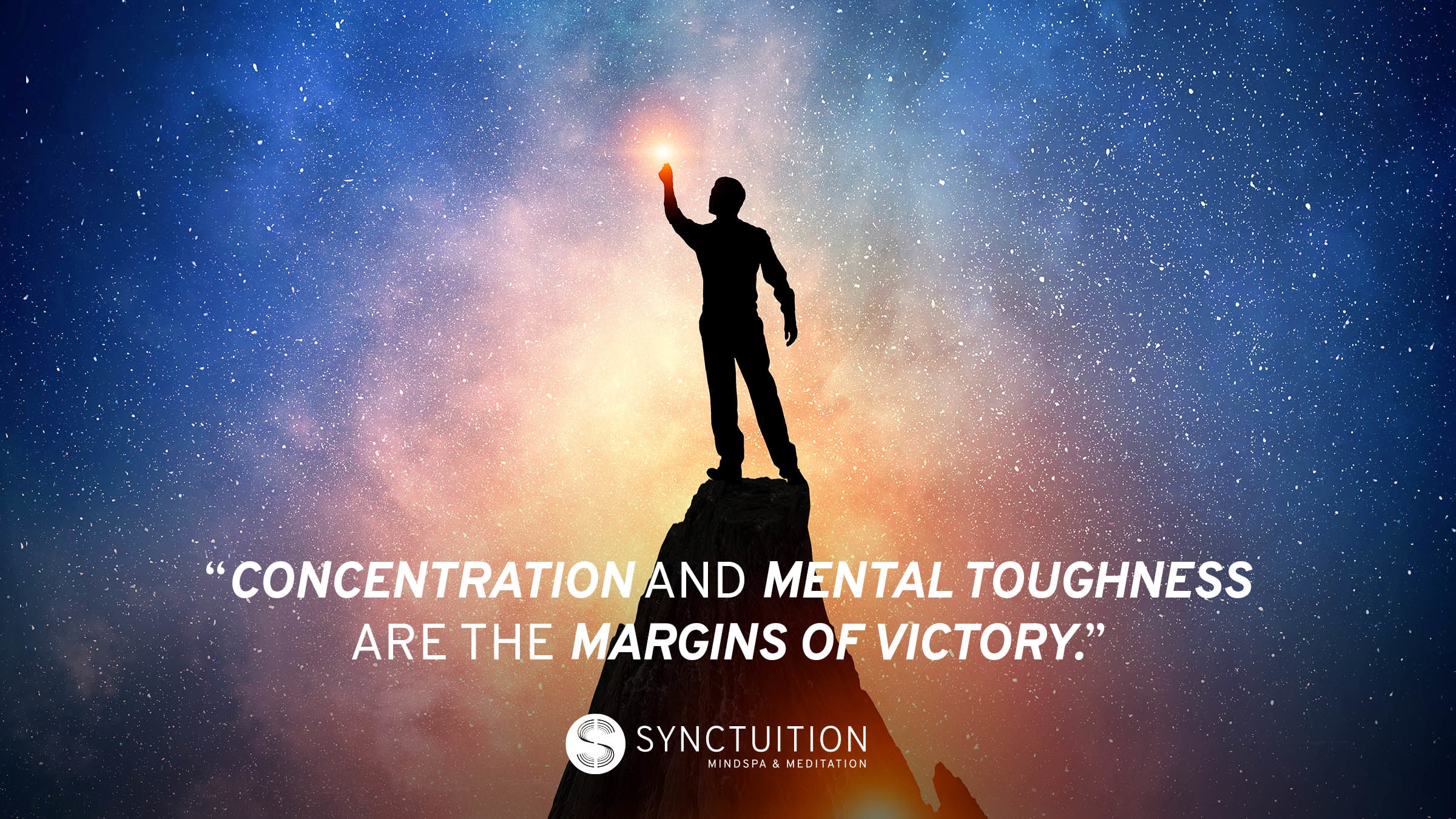Can Meditation Help you Lose Weight? Separating Fact from Myth
Meditation is powerful tool humanity has used for thousands of years. It connects the mind and body to achieve a sense of internal calm and balance. Nowadays, many people meditate to become aware of their thoughts and cope with the many stressors of daily life. A person who meditates can experience these and many other positive benefits. It’s been said that weight loss is among the many perks of meditation. Sounds too good to be true, right? In this post, we separate fact from myth when it comes to meditation and losing extra pounds for better, healthier living.
Let’s face it. In this day and age, many of us feel pressure to lose weight and have the “perfect” body type. We turn to yo-yo-diet and intense fitness routines that we ditch as soon as we lose motivation or see little results. We wonder what is the fastest and most effective method to become fit and healthy.
Meditation has been linked to weight loss. However, it is essential to understand how meditation can exactly help you. Let’s begin by addressing the myths. For starters, meditation won’t make you lose weight overnight. Sitting down in a lotus position won’t burn calories for you. Visualizing a slimmer waist won’t make it materialize out of the blue either. In short, meditation is not a replacement for physical activity and healthy eating.
It’s also important to know that everybody is different. Some people have more difficulty losing weight or becoming fit than others because of their metabolism or certain medical conditions. If this is your case, don’t hesitate to contact a health professional.
So, what does meditation have to do with any of this?
Meditation for a healthier body and mind
The ancient practice of meditation consists of focusing your attention in order to find internal calm and clarity of mind. Nowadays, many people meditate to reduce stress and anxiety and get better sleep, among many other well-being benefits. When it comes to weight loss, meditation “trains” your mind to support healthy eating and exercising. In more detail, meditation aligns your conscious and unconscious mind to find and agree on changes we need to apply to our lifestyle. Such changes include controlling our urges to consume unhealthy food and building the discipline to do physical activity.
When constant diet and exercise don’t seem to be working, meditation can help by addressing the problem that is keeping you stuck. For instance, studies reveal that traditional weight loss methods only work in the short term as people end up re-gaining weight after such regimes end. However, meditation (in addition to healthy eating and exercising) is much more effective. Here is a closer look at how meditation can help.

True purpose
As mentioned before, we often feel pressured to lose weight to look a certain way. If this is your case, think for a second — are you doing this because you want to or because other people want to? It’s easy to give up healthy eating or physical exercise when it isn’t something you are doing for yourself. You don’t really care about it, you are not having a good time doing it and so, you end up dropping it.
Changing the script is necessary. Understand how healthy eating and physical activity can benefit your life, focusing on you and not anyone else’s expectations. Meditation gives you the clarity of mind to identify negative thoughts such as “I want to lose weight because I want to be attractive to others” or “I want to look just like this famous person.” It is an excellent way to take a look within and discover what you truly want and how you want to achieve it.
Related: Life Purpose and How to Find it in Today’s Challenging World
Less stress
During challenging situations, many of us turn to emotional eating or stress eating. We might not be hungry and yet, our emotions overpower the physical sensations of fulness. Food is used as a coping mechanism for complex and often negative emotions, which leads to weight gain.
Meditation is well known for helping us cope with stress and its harmful effects. In fact, researchers found that people who practice meditation regularly are much better at managing stressful situations and building inner resilience. Needless to say, meditation helps you identify the negative emotions that trigger emotional eating and reduce the stress that causes it in the first place.

Motivation
“It’s going to be a journey. It’s not a sprint to get in shape,” reflects professional volleyball player Kerri Walsh Jennings. Think about losing weight or becoming physically stronger as a long journey ahead of you. To keep going, you need plenty of fuel and this fuel is your motivation. If you aren’t motivated enough, you lack the strength to do the smallest things like walking to the gym or eating your veggies.
Lack of motivation often comes from negative thoughts and self-doubt. Meditation is not only an excellent positivity booster but also a method for refreshing your mind, helping you see everything from different perspectives.
More mindful choices
Mindfulness is not the same as meditation, but they often go hand-in-hand. When you practice meditation, you become mindful. In other words, you remain in the present moment and become aware of your thoughts without judgment. A 2017 review from psychologists at McGill University found that mindfulness interventions are effective for losing weight and changing our relationship with food.
Let’s Try a 5-minute meditation!
Five minutes might not seem like a lot, but they can make a difference. Add this short meditation to your schedule, before breakfast or during one of your workouts. The goal is to focus on your breathing to start cultivating mindfulness, increase focus, reduce stress, and manage negative emotions.
- Find a comfortable place. You can sit on a chair, the floor, or a sofa as long as you are comfortable. Sit with your back upright, but don’t overdo it — the goal is to be as relaxed as possible.
- Close your eyes and relax. Notice your body — its shape, weight, and the sensation you feel. You can notice the touch of the carpet against your skin or your muscles resting on the floor. If you feel the tension in certain areas, try to relax them.
- Breathe. Breath in and out slowly. Don’t try to control your breathing or do anything special, simply observe its natural rhythm. Become aware of how it feels in your nostrils, chest, or, abdomen.
- Notice your thoughts. Your mind might wander and that’s totally OK! Just acknowledge your thoughts without judgment. You can say to yourself, “I’m thinking” or “I’m wandering”. Then, re-direct your attention to your breathing.
- Go back to the beginning. After 5 or 10 minutes, go back to step two. Notice your body, let yourself relax, and appreciate what you have accomplished.
Enhancing your meditations with 3D sounds
There are many ways to meditate. The great thing is that, whichever approach you choose, you are likely to experience plenty of well-being benefits. If you would like to add something new to your meditation practice, Synctuition is the right place to start. Being the most advanced sound meditation program, Synctuition offers over a hundred audio journeys with three-dimensional sounds from nature and binaural beats. Listening to Synctuition on a regular basis will enhance your daily meditation. Or, if you like the idea of meditation for weight loss, but are new to meditation in general, the sound journeys are an ideal way to start building the foundations for life-changing meditation practice.
Eager to start training your mind to achieve positive and long-lasting change? Listen to Workout, a sound journey created to remind you to take care of your mind and body.







